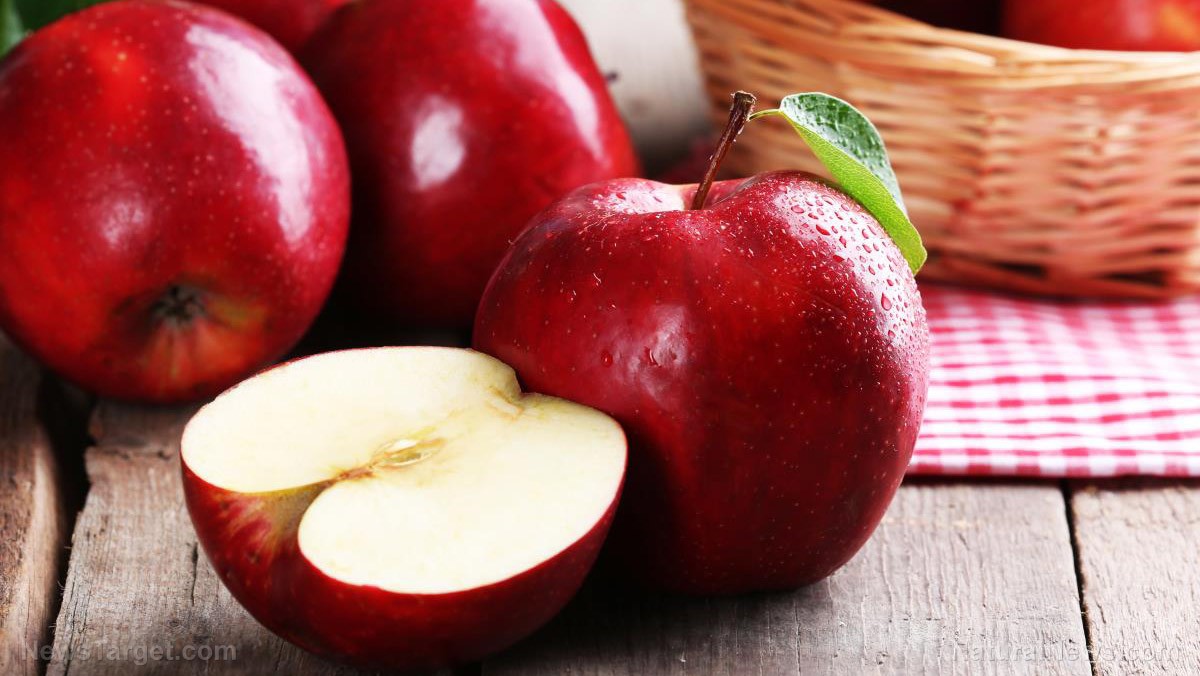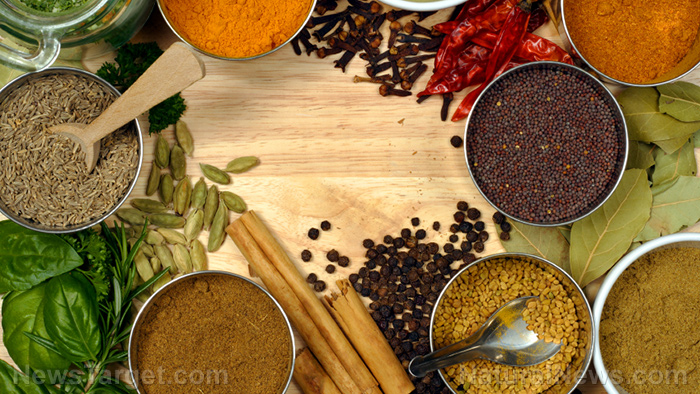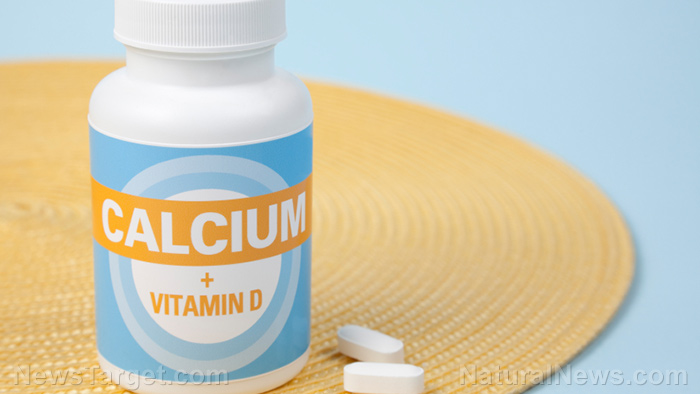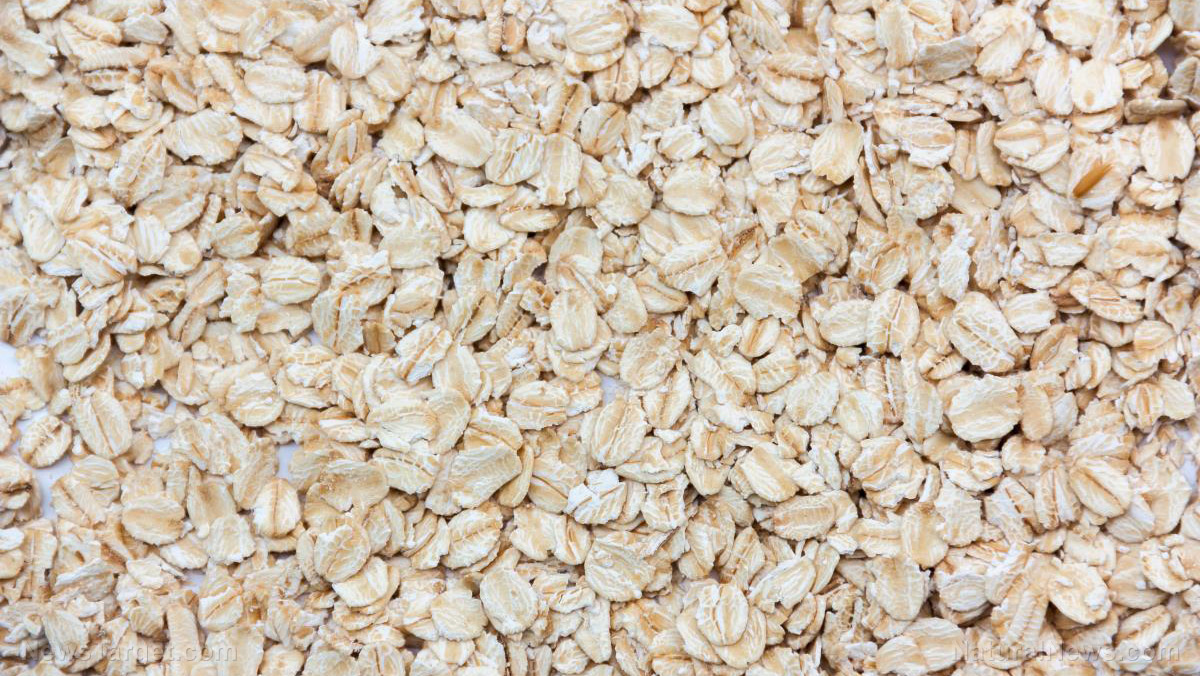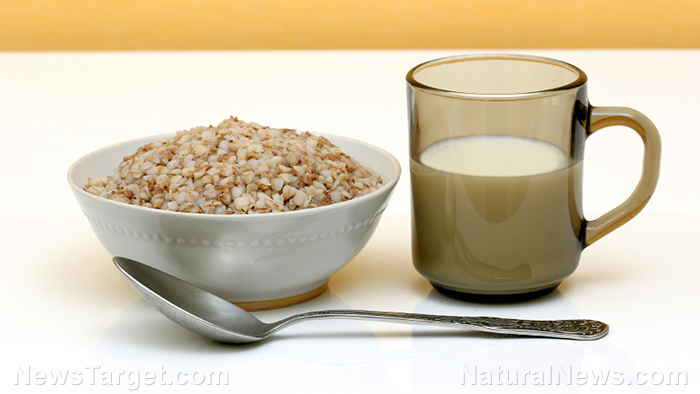That’s enough alcohol: Study findings warn that drinking alcohol daily is linked to greater stroke risk
09/25/2019 / By Melissa Smith

You may have heard of the phrase “everything in moderation,” and in terms of food and drink, it means consuming moderate amounts to be able to enjoy them without harming the body. Unfortunately for people who drink, new research says that this notion does not apply to booze. A large genetic study published in the journal The Lancet suggests that even in moderate amounts, alcohol intake increases the risks for high blood pressure and stroke.
For this study, researchers from the University of Oxford in the U.K., Peking University, and the Chinese Academy of Medical Sciences, followed over 500,000 people from China for nearly 10 years. The participants were initially enrolled in the China Kadoorie Biobank between June 25, 2004 and July 15, 2008. The researchers monitored the participants for cardiovascular incidents such as stroke or heart attack.
In East Asian countries, many people have one or more genetic variants that lead them to experience an unpleasant reaction to alcohol. For this reason, they often drink less. The researchers used these variants called alleles to estimate people’s consumption of alcohol. These variants are inherited by people randomly at birth.
The researchers found that men who consumed four alcoholic drinks a day had a 38 percent greater risk of stroke, on average. The risk increased steadily from low levels of alcohol intake to four drinks per day. In addition, the participants’ blood pressure also increased with alcohol intake.
Because there were very few women who drank alcohol in the study, the researchers were not able to find out the effect alcohol had on their risk of stroke. As for the effect of alcohol on the risk of heart attack, the researchers said that the results were less certain. They explained that this may be due to fewer people in the study having heart attacks, which could limit their ability to analyze the data.
The researchers noted some limitations of their study. For one, most of the alcohol consumed in the study was hard liquor or spirits. Other types of alcohol, such as wine, which has protective phytochemicals, may affect stroke risk differently. However, the researches could not tell based on their data. Overall, the researchers noted that their results indicated that there is no protective effect of moderate alcohol intake. Therefore, any level of drinking may cause some health risks. (Related: Alcohol consumption is “an important modifiable risk factor of atrial fibrillation,” warn researchers.)
Preventing stroke
While researchers continue to study the effects of alcohol on cardiovascular health, there are other things you can do to lower your risk of stroke.
- Shed off extra pounds – Being overweight or obese can increase your risk of a stroke. If you’re overweight, losing at least 10 pounds can have a real effect on your risk of stroke. To lose weight, you need to eat no more than 1,500 to 2,000 calories each day – but this still depends on your activity level and your current body mass index (BMI).
- Be more active – Exercise helps you lose weight and regulate your blood pressure, which can lower your risk of stroke. A good fitness goal to achieve is 30 minutes of moderate physical activity at least five days each week. You can start by walking around your neighborhood every morning after breakfast or taking the stairs instead of the elevator.
- Quit smoking – Smoking is bad news for your overall health. In terms of the risk for cardiovascular events, smoking speeds up the formation of a blood clot in different ways. It thickens your blood and increases the amount of plaque buildup in the arteries.
- Manage your diabetes – People with diabetes are at a greater risk of having a stroke. High blood sugar levels damage blood vessels over time, making clots more likely to form inside them. Following a healthy diet and exercising are some ways to keep your blood sugar under control.
Know what foods and drinks to avoid to lower your risk of diseases. Visit HeartDisease.news to learn more.
Sources include:
Tagged Under: Alcohol, beer, Booze, cardiovascular disease, cardiovascular health, hard liquor, heart attack, heart disease, heart failure, heart health, liquors, moderate drinkers, prevention, stop smoking, stroke, stroke risk
RECENT NEWS & ARTICLES
COPYRIGHT © 2017 FOOD SCIENCE NEWS


